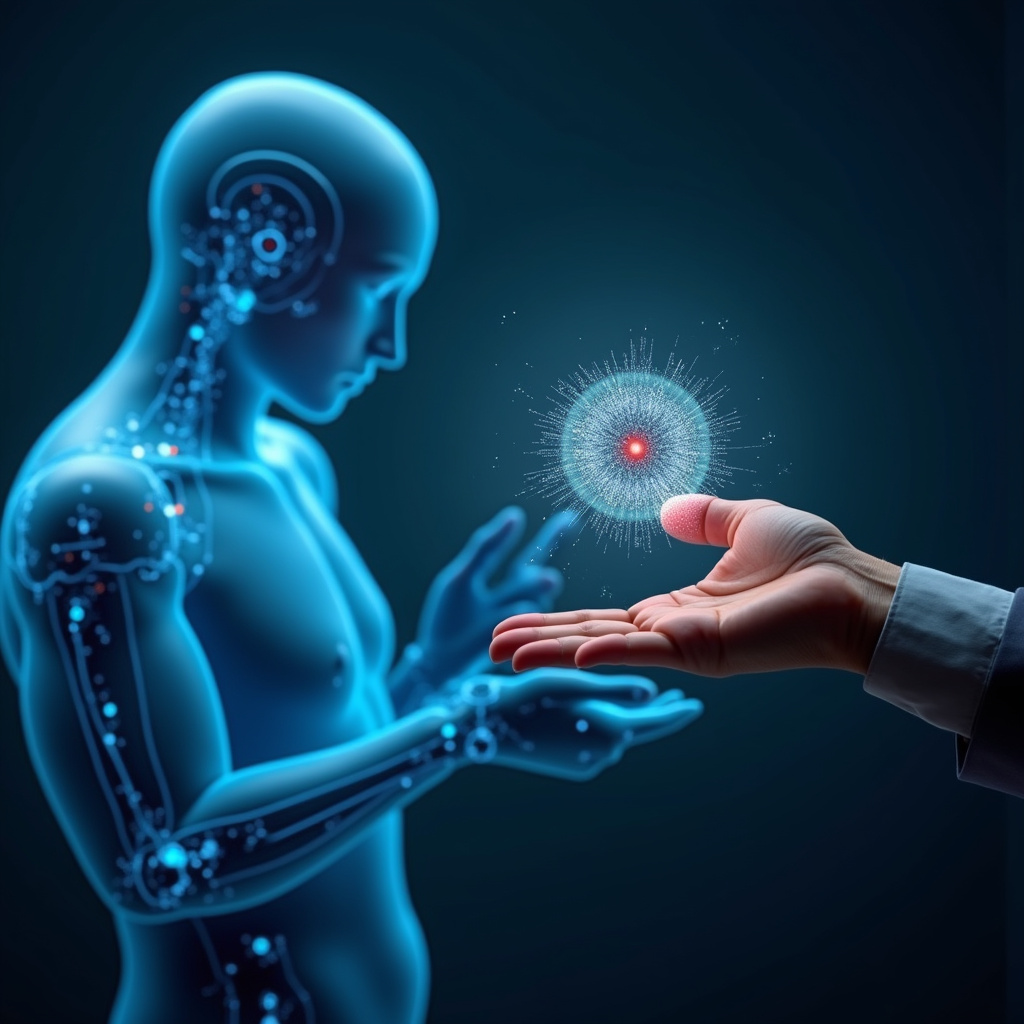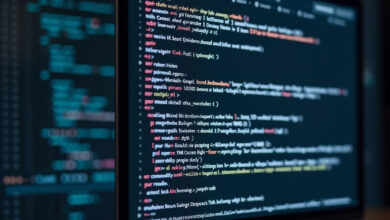AI Applications in Healthcare

Introduction to AI in Healthcare
Artificial Intelligence (AI) is transforming numerous industries, and healthcare is no exception. As technology advances, AI applications are becoming increasingly prevalent, offering innovative solutions to improve patient care, streamline processes, and enhance medical research. This article explores some of the key ways AI is being utilized in healthcare, making it easier for both medical professionals and patients alike.
1. Enhancing Diagnostics
One of the most significant applications of AI in healthcare is in the area of diagnostics. AI algorithms can analyze medical images, such as X-rays, MRIs, and CT scans, with remarkable accuracy. This capability assists doctors in detecting diseases at an early stage, often improving patient outcomes.
For instance, AI systems can identify patterns that might be too subtle for the human eye, helping to diagnose conditions like cancer or pneumonia faster. As a result, patients can receive timely treatments, making early detection a game-changer in healthcare.
2. Personalized Medicine
AI is also paving the way for personalized medicine, which tailors treatments to individual patients based on their unique genetic makeup, lifestyle, and health history. By analyzing large datasets, AI can identify the most effective treatment options for specific patient profiles.
This approach not only improves the effectiveness of treatments but also minimizes the risk of adverse reactions to medications. Patients can benefit from therapies that are specifically designed for them, leading to better health outcomes and a more efficient healthcare system.
3. Virtual Health Assistants
Another exciting application of AI in healthcare is the development of virtual health assistants. These AI-powered chatbots and applications can provide patients with round-the-clock access to medical advice, answer health-related questions, and even help with appointment scheduling.
For example, a patient experiencing symptoms can interact with a virtual assistant to receive preliminary guidance on whether to seek medical attention. This not only empowers patients but also helps reduce the burden on healthcare professionals, allowing them to focus on more complex cases.
4. Predictive Analytics
AI’s ability to analyze vast amounts of data is also being harnessed for predictive analytics in healthcare. By examining trends and patterns in patient data, AI can help predict potential health issues before they arise. This proactive approach allows healthcare providers to intervene early, potentially preventing hospitalizations and improving overall patient health.
For example, AI can analyze data from wearables and electronic health records to identify patients at risk for conditions like diabetes or heart disease, enabling timely preventive measures.
5. Streamlining Administrative Processes
Beyond direct patient care, AI is also making waves in the administrative side of healthcare. Tasks such as billing, scheduling, and maintaining patient records can be time-consuming and prone to errors. AI applications can automate these processes, increasing efficiency and reducing administrative burdens on healthcare staff.
This not only allows healthcare providers to dedicate more time to patient care but also helps reduce costs associated with administrative errors, ultimately benefiting patients.
Conclusion
In conclusion, AI applications in healthcare are revolutionizing the way we approach medical care. From enhancing diagnostics to personalizing medicine and streamlining administrative tasks, the potential benefits of AI are vast. As technology continues to evolve, it is likely that we will see even more innovative applications of AI in the healthcare sector, ultimately leading to improved patient outcomes and more efficient healthcare systems.




